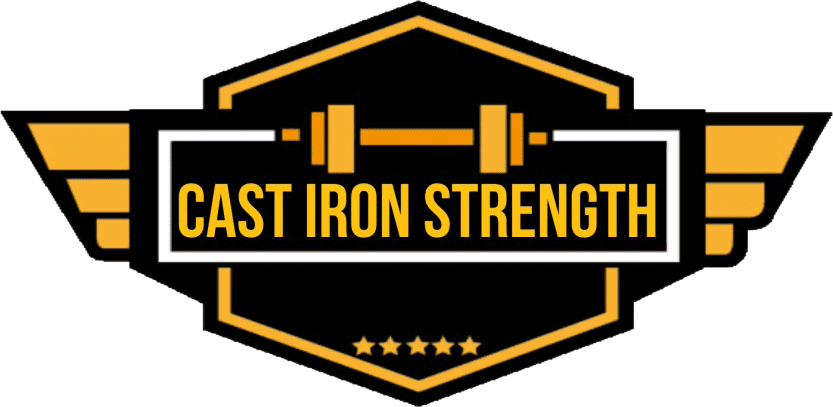 Image via Wikipedia
Image via Wikipedia
I get to have a lot of conversations with people who are coaches or are looking into becoming a coach. I also like to be involved in the on-line lifting community as much as I can through these exposures I have been lucky enough to have a lot of interaction and talks on the theory of training. Almost invariably I always end up talking about the top percentile things and never on the basics.
It is unfortunate really because the basics are what make the real difference people preach about “building” the strength base or building good technique with their athletes yet this is the part that very few coaches can do and the coaches that can affect these things well are the good coaches.
People get into conversations about “optimising” programmes and annual plans, what percentages work best for developing strength, what % load in exercises elicit the best power out puts, what supplements are best the list goes on.
All of these things are worth looking at however the vast majority of coaching sessions I have seen either have weak athletes or technically undeveloped athletes or both.
Time would be better spent learning what it takes to get strong and developing a coaching system that works well for teaching technical lifts instead of sweating the small stuff.
Many coaches will have spent a lot of time reading on programming and using methods such as relative intensity, perodisation et al and will themselves never squatted double bodyweight or got an athlete even close.
Yet there are gyms all over the world where the punters are just ordinary guys and gals who are strong as shit and never read a book on perodisation in their life time.
This would suggest to me that a lot of people miss the boat on strength training completely things like screening and corrective exercise are grand and have a definite place in the tool box but if you can’t get a healthy young male to squat 2x bodyweight your time might be better spent learning the basics inside out and practising what you preach.
Marc/

